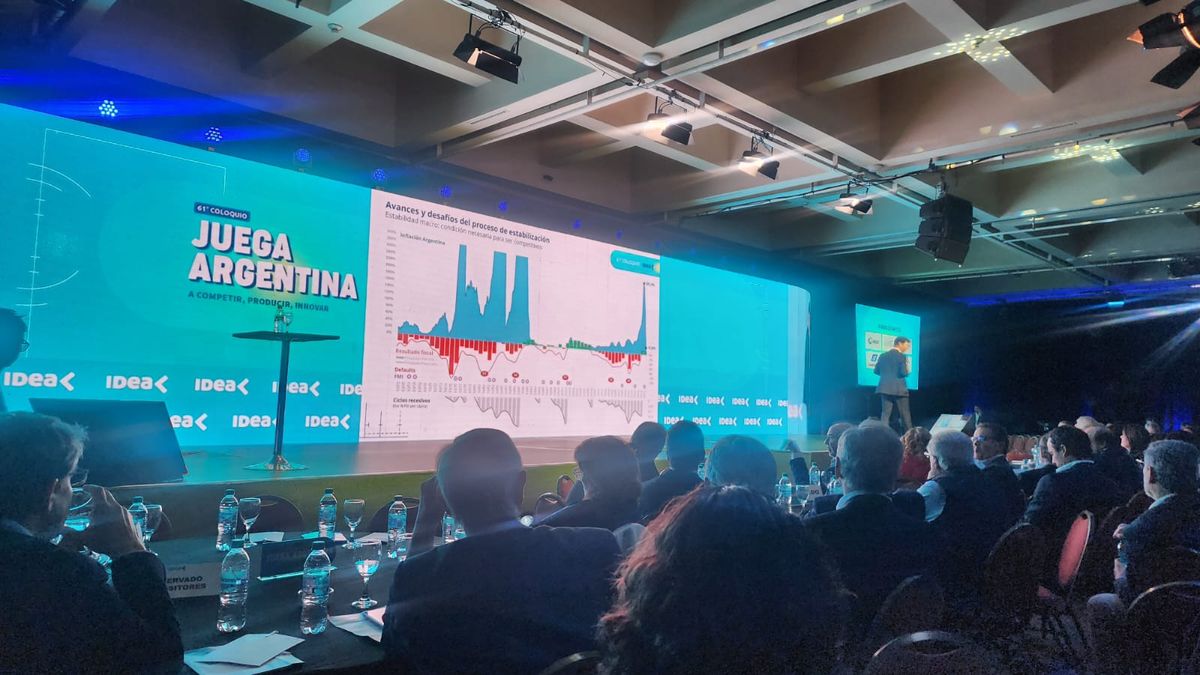Economics Minister Habeck of the Greens is showing himself to be close to the business associations when it comes to transitional rules for the supply chain law. This does not go down well with the coalition partner SPD.
SPD parliamentary group leader Rolf Mützenich does not agree with the proposal by Federal Minister of Economics Robert Habeck to suspend the German supply chain law. With such statements, the minister has “done a disservice to long-standing efforts to create an economic policy based on human rights and fair wages and directed against exploitation,” Mützenich said in a statement on Saturday in Berlin. Green politician Habeck had suggested on Friday that the German regulation should be suspended or weakened until the European regulation that has already been adopted takes effect. In doing so, Habeck took up a demand from business associations that had warned of competitive disadvantages.
The chairman of the SPD parliamentary group called it “common practice to adapt national regulations to EU law. Until then, however, the current law will remain in place. The SPD parliamentary group will not participate in a blanket suspension of the German supply chain law,” said Mützenich. The SPD has worked for this law for years. “We will not simply throw these efforts overboard. I am irritated that a department head believes he can arbitrarily override existing law. I am also disappointed that important principles and regulations are being questioned so carelessly,” added the SPD politician.
At the Family Business Day, Habeck said about the supply chain law that if it were up to him, there would be a two-year “pause in this area”. “I think that would be a real liberation.” He does not know whether that will happen. He asks for two or three weeks of patience with regard to the details. A little later, he added that it was gratifying that in future there would be EU-wide rules for the protection of supply chains and thus ethical standards. “That is important because then the same rules will apply to everyone in the European internal market. These standards are essential.”
EU states now have a good two years
At the same time, however, Habeck stressed that if the EU law is to be quickly incorporated into German law, the adaptation process should be pragmatic. “That is why I have proposed pausing or significantly reducing the German supply chain law until EU law is implemented. The protection of human rights and environmental standards will only be successful if the requirements are also accepted by companies.”
The European supply chain law was recently passed. EU states now have a good two years to implement the new rules into national law. The aim of the EU supply chain law is to strengthen human rights worldwide. Large companies should be held accountable if they profit from human rights violations such as child or forced labor.
Source: Stern




